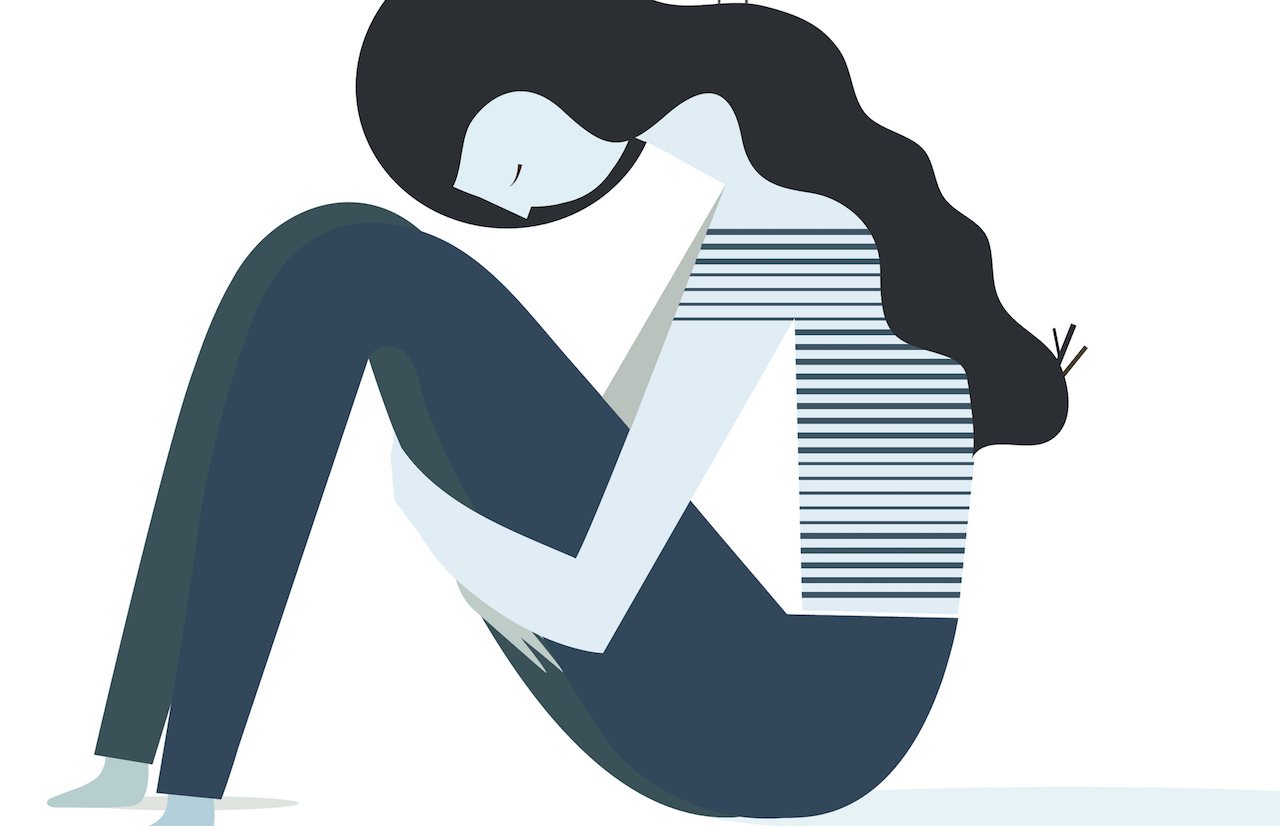Webster’s defines worry as: “to think about problems or fears.”
Stop worrying so much. Don’t worry. Calm down. It’s fine.
This is what I hear on a daily basis. When my fingers start running up and down my arms, when my eyes get wide, when my breathing gets heavy. This is what I am told… don’t worry.
If my anxiety took the dictionary form of worrying, this would be understandable to me. But my anxiety is not simply “worrying.”
First, my brain starts going faster and faster. It’s like a train without the brakes, constantly moving at a faster pace until the only solution is a collision. The negative and paranoid thoughts start slamming into me, and there isn’t an off switch. They don’t go away.
Then, my chest tightens. Every breath feels like someone is waterboarding me. My stomach starts to turn and twist. I lose control of my senses, and I can’t tell where reality ends and my mind begins.
Finally, I shut down. I disassociate, and I just can’t process anymore. I throw my phone at the wall, or I sink to the ground and put my head on my knees. If I can, I leave. I lock myself in my car and I drive until I can draw breath without a struggle.
This happens, in some capacity, 10 to 25 times a day. On bad days, it is constant. There is no relief; there are no breaks from the chaos.
Next time you want to tell me to “stop worrying,” take a pause. Grab my hand, don’t say a word and just stay with me until my brain calms down. It’s the best thing you could possibly do for me.
Lead photo source: Thinkstock Images

